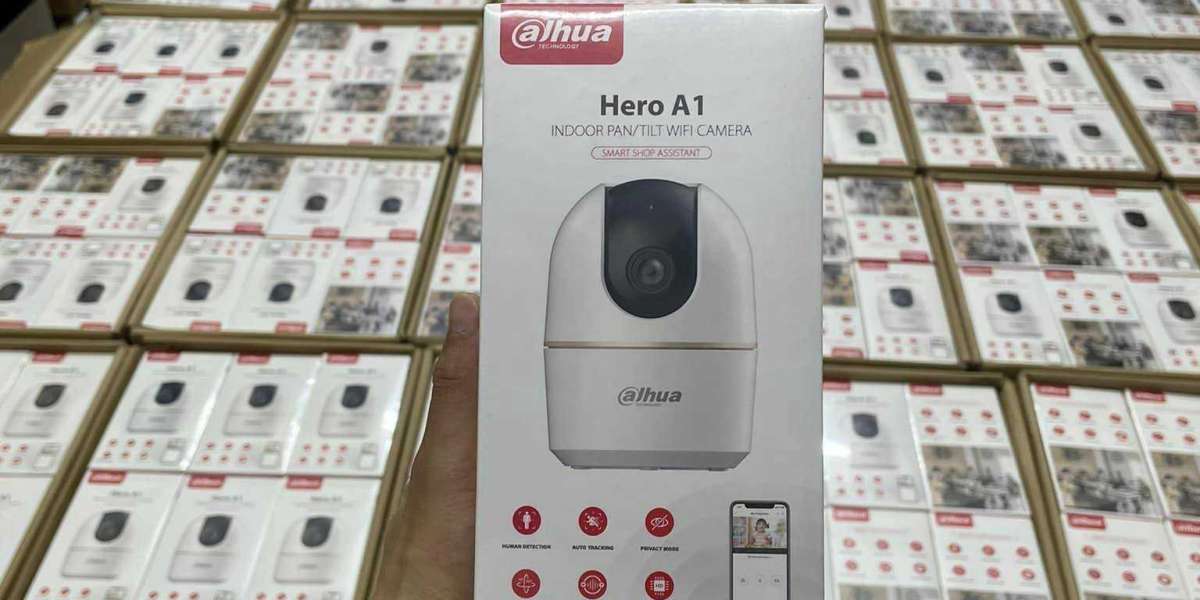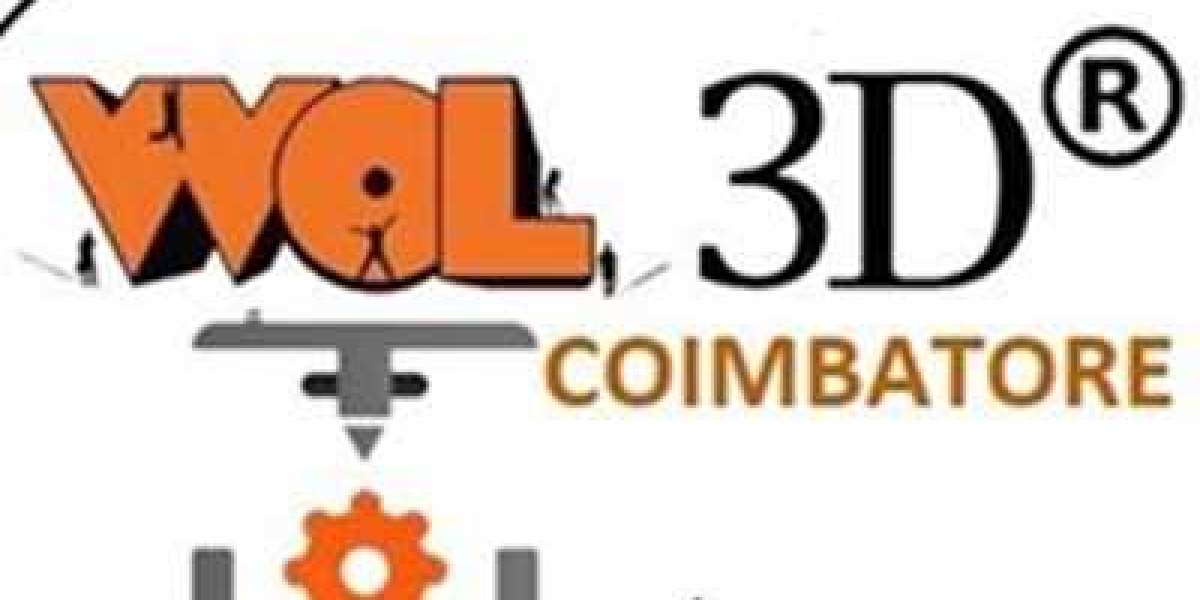The Evolution of Microneedle Technology
Regardless of the wind, the sun rises and we can see youwe bio microneedle rapid prototyping.Over the years, the field of microneedle technology has witnessed significant advancements, particularly in the realm of bio microneedles. These tiny needles, often measuring less than a millimeter in length, have revolutionized drug delivery systems and various biomedical applications. The traditional methods of manufacturing microneedles were time-consuming and costly. However, with the advent of rapid prototyping techniques, the production process has been streamlined, leading to faster and more efficient manufacturing.
Rapid Prototyping: A Game-Changer in Bio Microneedle Production
Rapid prototyping has emerged as a game-changer in the production of bio microneedles. This innovative manufacturing approach allows for the quick and cost-effective fabrication of complex microneedle designs. By utilizing techniques such as 3D printing and laser micromachining, researchers and manufacturers can create intricate microneedle arrays with precision and accuracy. The ability to rapidly prototype bio microneedles has opened up new possibilities in drug delivery, diagnostics, and personalized medicine.
Enhancing Drug Delivery Systems with Bio Microneedles
One of the key applications of bio microneedles is in enhancing drug delivery systems. These tiny needles can painlessly penetrate the skin's outer layer, allowing for the direct delivery of medications into the bloodstream. By incorporating drugs into the bio microneedle matrix, healthcare providers can administer precise doses of medication with minimal discomfort to patients. Rapid prototyping has enabled the customization of bio microneedles to suit specific drug formulations, making drug delivery more efficient and patient-friendly.
Revolutionizing Bio Microneedle Production for Global Impact
The revolution in bio microneedle production is not limited to a specific region or industry. Rapid prototyping has the potential to impact global healthcare systems by providing innovative solutions for drug delivery, diagnostics, and therapeutics. By leveraging the power of rapid prototyping, researchers and manufacturers can develop bio microneedles that are tailored to meet the unique needs of diverse populations. This customization can lead to improved patient outcomes, reduced healthcare costs, and enhanced accessibility to essential medical treatments.
In conclusion, the integration of rapid prototyping techniques in bio microneedle production represents a significant milestone in the field of biomedical engineering. The ability to quickly and efficiently fabricate intricate microneedle designs has opened up new avenues for drug delivery, diagnostics, and personalized medicine. As researchers continue to explore the potential applications of bio microneedles, the impact of rapid prototyping on global healthcare systems is poised to be transformative. The future of bio microneedle production is indeed bright, thanks to the power of rapid prototyping.








